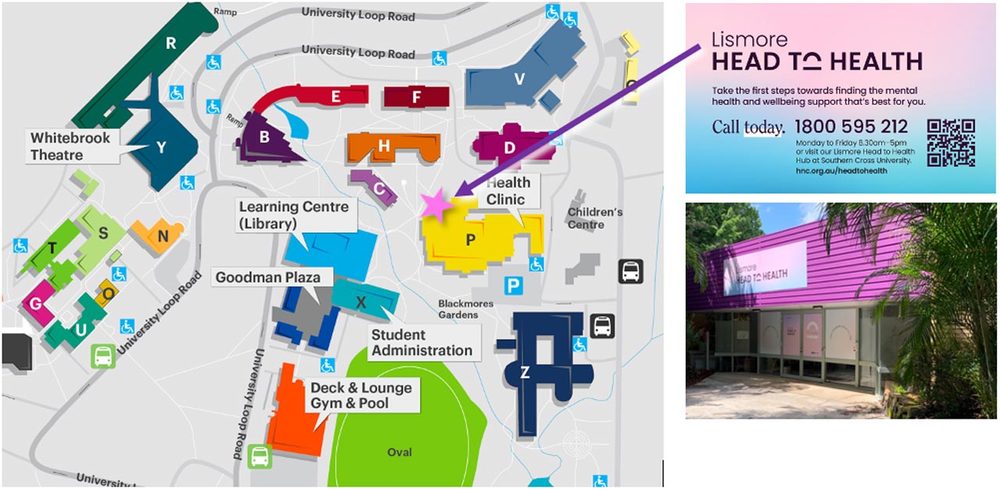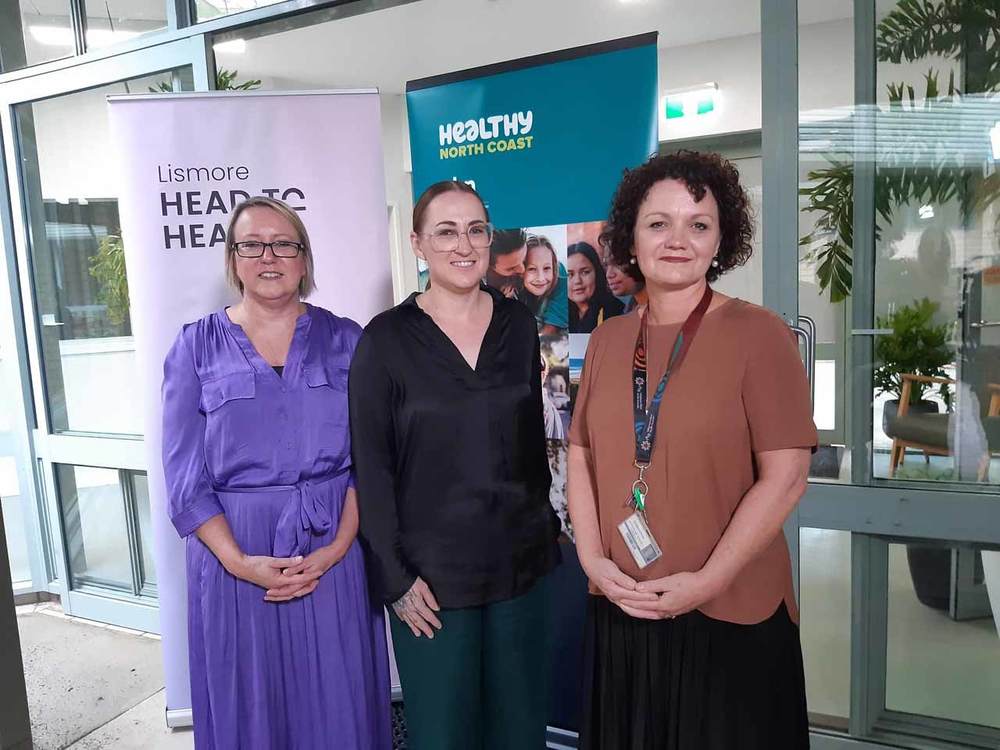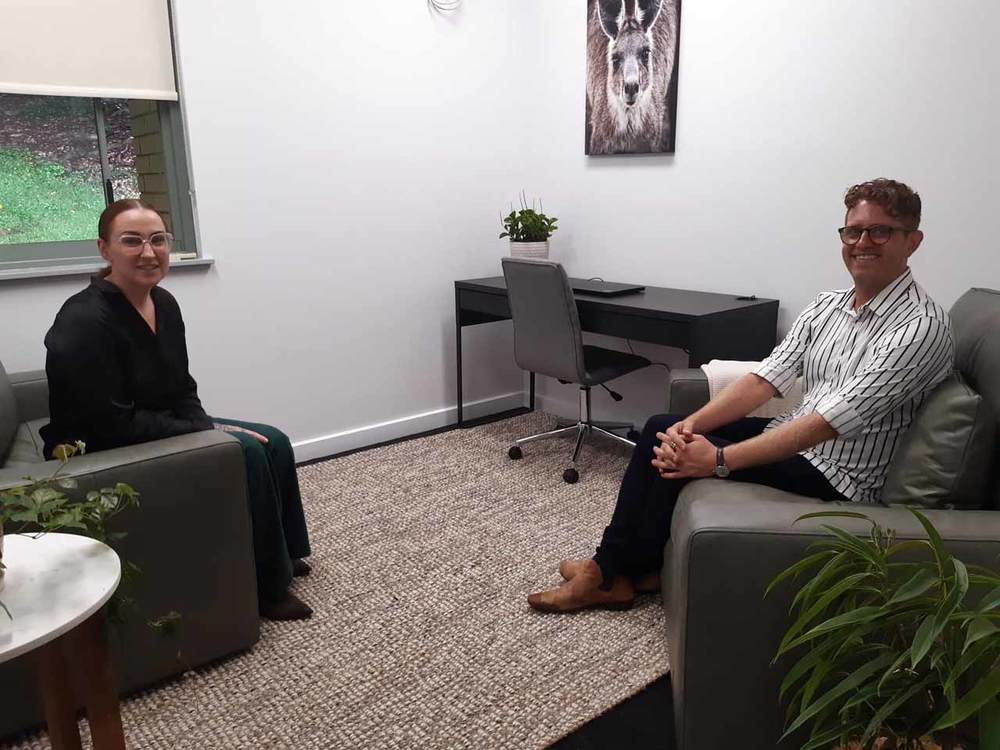Rain triggering you? Head to Health hub offers support post-flood
Liina Flynn
28 March 2022, 6:29 PM
 The clinic rooms are inviting at the new Head to Health Hub at SCU.
The clinic rooms are inviting at the new Head to Health Hub at SCU.If you are unable to sleep, having bad dreams, or waking up a pounding heart, you could be in acute stress – and help has arrived to see you through it.
As our community deals with the psychological trauma of the biggest flood in recorded history, a new Head to Health hub has opened to offer free psychological first aid and support on the phone (1800 595 212), or in person.

Head to Health hub
Based at Southern Cross University, the new service is in Lismore “for the long term” as the community deals with the ongoing trauma of this natural disaster.
The phone counsellors will assess your situation - and if they are not the ones to help you, they will refer you to another service that can.
Disaster area
Jacklyn Whybrow is a specialist who works in disaster areas. She has come to Lismore with NEAMI National to help set up the new mental health support hub.
“I also live in a flood affected area and today, I’m worried about what Lismore is feeling.” She said.
“Today, we have a big weather event again, and people could be waking up in panic, with heart pounding.

Julie Sturgess, Chief Executive Officer, Healthy North Coast; Jacklyn Whybrow – Acting Executive Director of Operations for NEAMI National, Jacqui Yoxall – Director of Clinical Services, Southern Cross University Health Clinic at the opening of the Lismore Head to Head Hub.
Acute stress
“If you have an anxious belly and are unable to sleep, or experiencing intrusive thoughts of impending doom or another disaster coming – these are all clear warning signs you are in an acute stress period.
“This comes before we head into long term trauma and impact – and it’s important to encourage people to access help now, so in the long term, we can manage and flourish again and get back to our lives.
Call 1800 595 212 for help
“If you are experiencing this, call through to us on 1800 595 212 and we will support navigating you through this.
“It won’t make everything ok and wonderful, but it is important that we look after our minds during this time.
“If you can build your resilience and distress tolerance, it will help you navigate long term effects of trauma.
“It’s important to focus on safety and home - but don’t forget about your brain and body.
“The things that drop away when we are stressed and full of adrenaline are eating, sleeping and hydrating.
“Those are the things that will carry you through in the long term, until you recover – so call and seek help.

Substance abuse
“It’s also important to avoid mood altering substances right now. We need to manage our vulnerabilities or we will be unable to have positive events in future.”
Julie Sturgess, Healthy North Coast CEO said the service meant one call will put you in touch with qualified professionals.
“You can also drop into the clinic at SCU where there are not only clinicians, but lived experience peer workers,” she said.
“They are people with a lived experience of these issues, who have understanding of how to work comfortably and safely with people.”
Julie said the hub was a Commonwealth Government initiative with a “commitment to rapidly establish a centre here - and stay for the long term.”
“The intention is Head to Health will be one front door for all mental health services - and it will definitely be here for the next three years.
“In a disaster event people need long term support.
"These things don’t change overnight.”

Find help now
Call Head to Health on 1800 595 212 from Monday to Friday 8:30am-5:00pm or visit the Lismore Head to Health Hub at Southern Cross University’s Health Clinic, P Block North, Rifle Range Road, East Lismore.
Find out more at hnc.org.au/headtohealth
Head to Health is not a crisis service. For immediate 24/7 support contact:
· Mental Health Access Line 1800 011 511
· Lifeline 13 11 14
· Suicide Call Back Service 1300 659 467
In an emergency call 000 or go to your nearest hospital emergency department.
